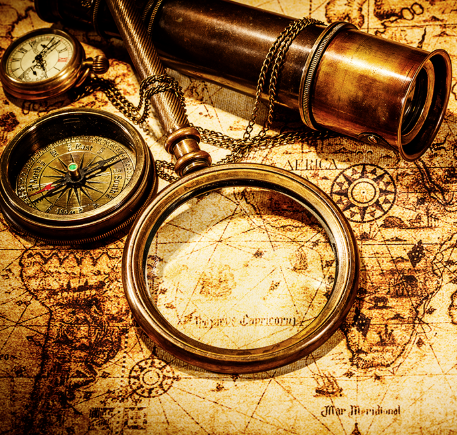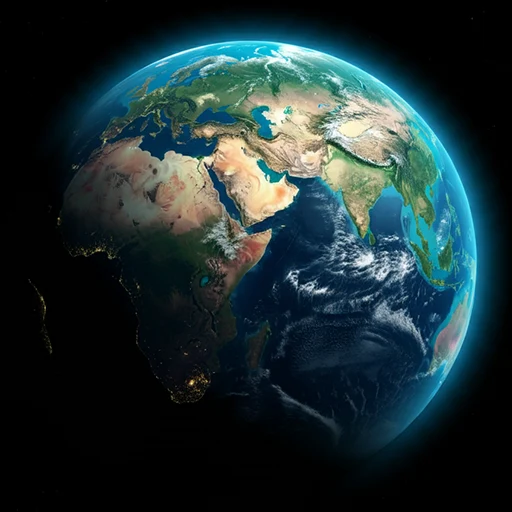You just woke up. You had a dream. Three minutes later… it’s gone.
You sit on the edge of the bed, rubbing your eyes, trying to replay what just happened in your sleep.
Something about flying? A talking dog? Your third-grade math teacher?

Too late. It’s vanished — poof!
Why? Why does the mind create entire cinematic universes in your sleep… only to erase them faster than a Snapchat?
The answer is part neuroscience, part psychological survival, and part brain logic that doesn’t care if you wanted to remember riding that flying banana.
Let’s unpack this memory mystery — and what it says about how your brain decides what deserves to stay.
1. Your brain doesn’t treat dreams like real memories.

Here’s the twist: while you dream, your prefrontal cortex — the part of your brain responsible for memory, logic, and decision-making — is basically on sleep mode.
That’s like watching a movie with no one operating the recorder.
During REM sleep (the stage where vivid dreams happen), your brain lights up with emotional activity, but the part that encodes long-term memories is… quiet.
So even though your dreams might feel intense or real, they’re not being properly “filed.”
2. The 3-minute memory window isn’t random.

Ever heard of the "dream fade effect"?
Studies show that within 5 minutes of waking, you forget about 50% of your dream. After 10 minutes? You're lucky if you remember anything at all.
But why?
Because the moment you shift from REM sleep to full wakefulness, your brain reboots its priority system. It stops dreaming, starts filtering external stimuli, and redirects memory processing toward the present — not the imaginary past.
Dreams don’t make the cut. They're not survival data.
3. Evolution never cared about your dream journal.

From an evolutionary lens, memory exists to help you navigate danger, solve problems, and connect with others.
But dreams? They’re chaotic, symbolic, and often nonsense.
If your ancestors remembered dreams more vividly than real threats — like the location of that tiger cave — they probably didn’t last long.
Your brain learned: real life = important, dreams = optional.
So next time you forget your dream, blame your survival instincts.
4. But wait… some people remember their dreams all the time. Why?

You know that friend who remembers every dream in wild detail?
It turns out dream recall frequency varies widely, and it’s linked to several factors:
- More awakenings during REM sleep = more chances to “catch” the dream.
- Higher brain activity in the temporo-parietal junction — a brain region associated with self-reflection and memory.
- Intentional focus: people who care about dreams tend to remember them more.
Translation: Your brain listens to what you tell it is important.
Keep a dream journal for a week and you'll likely remember more — not because dreams get clearer, but because your brain shifts priorities.
5. Dreams and reality compete for storage.

Here’s a mind-bending thought: the moment you wake up and check your phone, you’re telling your brain what matters now.
TikTok = priority. Dream = discard pile.
Interference theory explains how new stimuli (sounds, light, movement) erase fragile dream traces. So your brain chooses: encode the morning, or save the dream? Not both.
You lose the dream because you win reality.
6. Want to remember your dreams? Here’s what actually works.

Not dream crystals. Not hypnosis. Just basic brain hacking:
✅ Wake up slowly — don’t jump out of bed.
✅ Stay still and replay the dream in your mind before moving.
✅ Write down anything you remember (even “yellow dog running”).
✅ Do this for a week. Yes, even if you’re tired.
It trains your memory system to treat dreams as “real input.”
Like strength training — but for dream recall.
So… are dreams meaningless? Or too meaningful to handle?
Here’s the kicker: some theories suggest that dreams are your brain’s way of processing emotional conflict, rehearsing social situations, or even problem-solving subconsciously.
But because they don’t always make logical sense, your waking brain discards them before you get to decode the metaphor.
What if your forgotten dream wasn’t random… but an encrypted message?
What if we forget them not because they’re unimportant — but because they’re too abstract for a logic-bound brain to store?
The KnowFizz Twist
You forget your dreams not because they’re worthless — but because your brain, in all its evolutionary brilliance, filters for practicality, not poetry.
And maybe, just maybe, that’s why the rare dreams you do remember feel so magical.
They snuck through the firewall of forgetfulness — and made you wonder.
So tonight, as you drift off, remember:
your brain’s theater is open for business.
Whether you’ll remember the show? That’s up to you — and your frontal cortex.





































